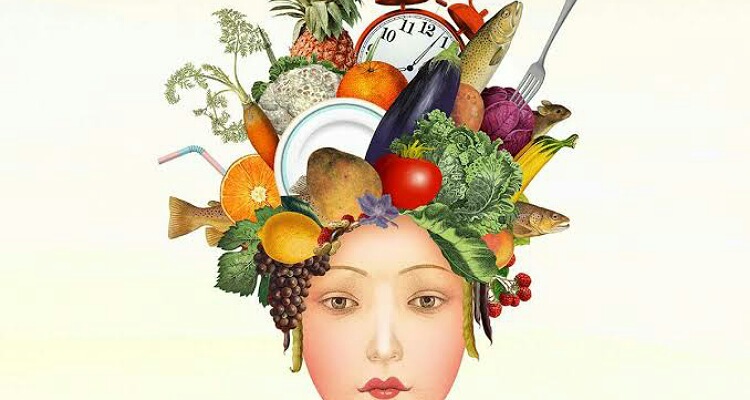Valter Longo from the University of Southern California in Los Angeles founded the longevity diet for healthy and long life. Which foods are allowed in this diet? How to follow this diet? And what are its limitations?
Longevity diet
It was Valter Longo, Professor in the department of Gerontology and Biological Sciences at the University of Southern California in Los Angeles who invented the longevity diet. He also founded the USC Longevity Institute of which he is the current director. Talking about how he created this diet, Valter said:
“Using epidemiology and clinical trials, we put all the research together, and got a big picture of a safe and beneficial diet that’s associated with living longer,”

There are no studies supporting this diet. But there are claims that it lowers blood cholesterol, blood sugar and promotes heart health. It prevents type 2 diabetes mellitus and certain cancer. It has an anti-inflammatory action on the body and fights chronic diseases. The diet also improves vision and overcomes age-related eye disorders. Additionally, it makes the person lose weight. All of this contributes to a healthier and longer life.
Foods and main principles
Foods that one can eat are generous amounts of vegetables such as onions, bell peppers, tomatoes, garlic, cucumbers, cabbage, potatoes and the like. Legumes are allowed. About 1 ounce per day of nuts such as almonds, walnuts etc are allowed. The diet emphasizes on intake of whole grain foods and around 3 tbsp of olive oil per day.

One can have fish, eggs, dark chocolate and fruit occasionally. Limit dairy products and white meat like poultry. But one should completely avoid red meat, processed meat, processed foods and added sugars.
Start with a vegan diet of low calories of around 800 to 1100 per day. This is fasting-mimicking and do it for five days. Then eat the above allowed foods in the 7 am to 7 pm slot. This is intermittent fasting. Continue this and one can take adequate calories. Repeat fasting mimicking 2 or 3 times that year. Those over 65 years should consume more protein. Valter says:
“Older people seem to have more difficulties absorbing the amino acids that come from the protein,”
But get these proteins predominantly from plant foods. Take a multivitamin every 3 days. If overweight or obese, one can have more fasting mimicking sessions in a year. Also have only two meals in a day and two low sugar snacks of just 100 calories per day.
Limitations of the diet
Those with eating disorders should avoid this diet. Dietitian Christine Palumbo from Chicago says:
“The diet is rather restrictive and could be problematic for people with disordered eating such as anorexia nervosa or orthorexia,”
Some find this diet hard to stick to. They find red meats and the like tempting and difficult to give up. Christine elaborates:
“These are the people who automatically reach for steak and potatoes on the menu,”
Also, read Michael Mosley, diet expert and his tips to lose weight easily!

There are no studies to support this diet. Dr. David Katz from Connecticut says:
“A diet is only truly about ‘longevity’ per se if it extends life span, and since we have no direct evidence in humans of that effect, the platform is arguably somewhat sensationalistic,”
